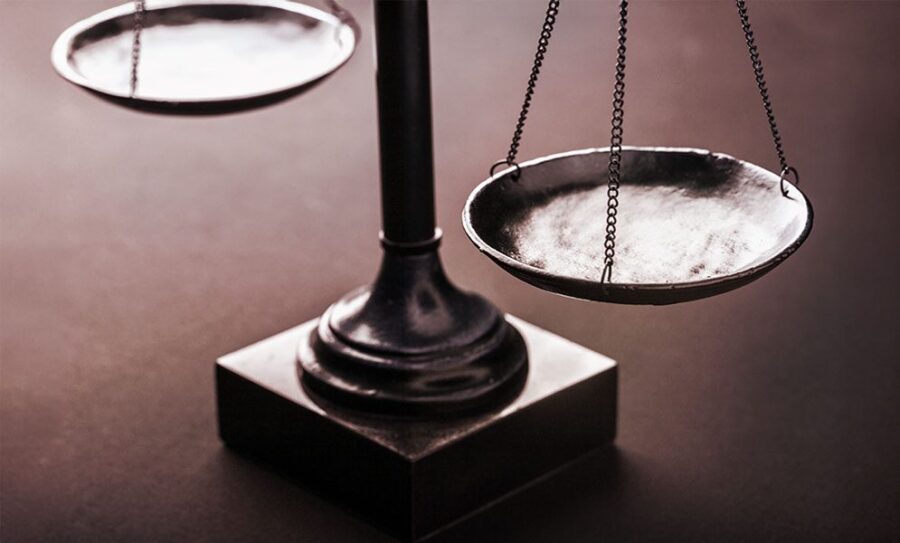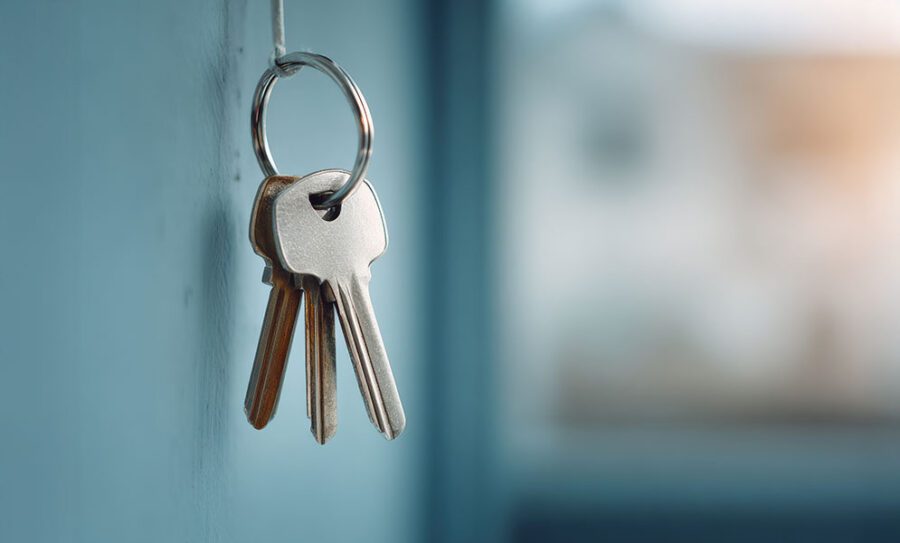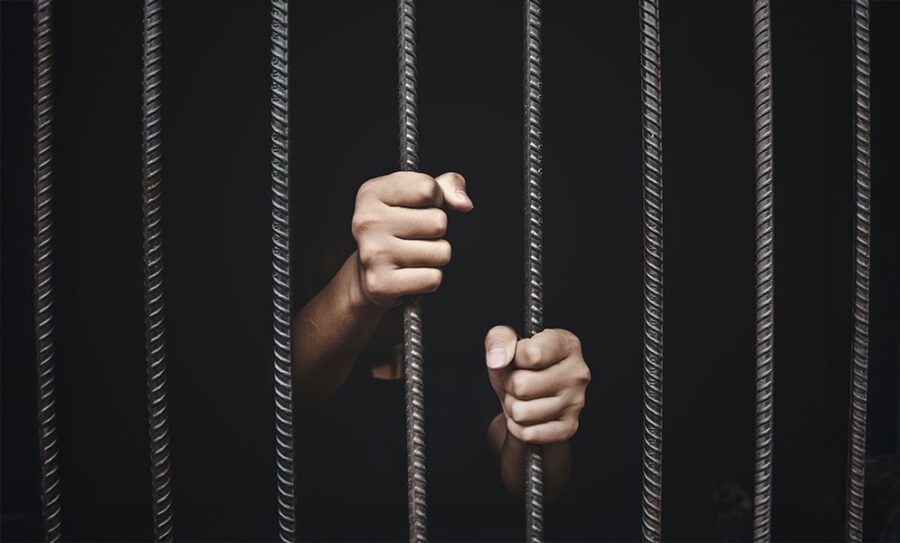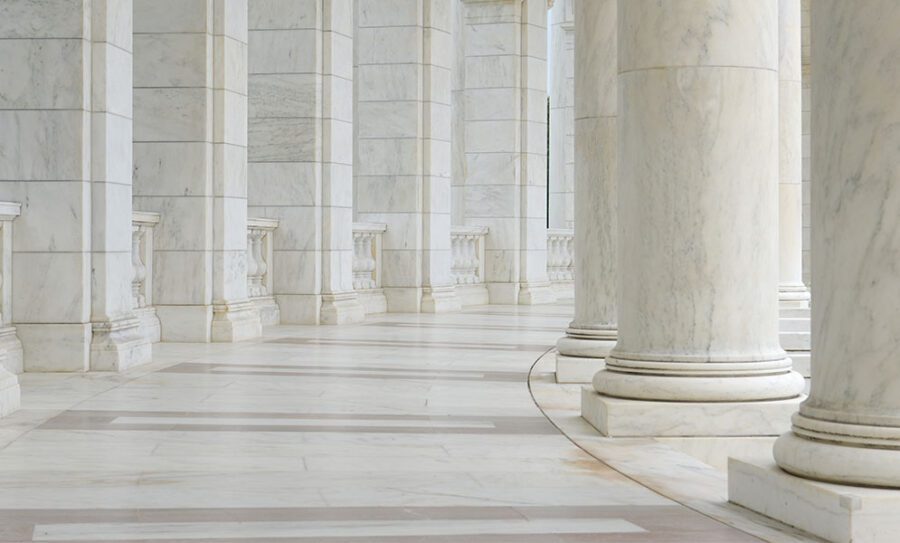“Those who expect to reap the blessings of freedom must, like men, undergo the fatigue of supporting it.”
—Thomas Paine
From Light to Heavy
At first, the idea of freedom feels easy. Without anyone telling you what to do, it can feel like a release—a clean break from interference and control. Invest some time and thought into this paradigm shift, and you begin to realize that freedom does not eliminate authority; it re-centers it. Without someone else to answer to, you are left with this weighty reality:
You are the one who must give an account.
While some understand the value of this burden, others are content to hand back responsibility. In fact, since the narrative of “The Fall,” we see this natural inclination and desire both to be taken care of and to shift responsibility onto someone else. This is a part of human nature that we must grapple with. Tomas Paine’s quote calls us to bear the weight of responsibility, saying: Freedom is heavy, but you never realize its blessing, and our children and grandchildren will never reap the blessing if we aren’t willing to carry the weight.
The Moral Weight of Freedom
True freedom does not erase authority—it clarifies where authority ultimately comes from. When we are self-governed, we have no earthly authority to shield us from responsibility. That may feel freeing at first, but it means that the weight of our choices rests squarely on our own shoulders. Scripture affirms this sobering truth:
“For it is written, ‘As I live, says the Lord, every knee shall bow to me, and every tongue shall confess to God.’ So then each of us will give an account of himself to God.”
—Romans 14:11–12“The end of the matter; all has been heard. Fear God and keep his commandments, for this is the whole duty of man. For God will bring every deed into judgment, with every secret thing, whether good or evil.”
—Ecclesiastes 12:13–14
Freedom is not a denial of authority. Freedom is a transfer of it, from external coercion to internal conviction, from human overseers to the Divine Judge. When rightly understood, freedom awakens the soul to responsibility—not just in the here and now, but for eternity.
How the Founders Understood Freedom
The American founders did not imagine liberty as the absence of restraint; they understood it as a sacred transfer of responsibility from the state to the individual. Self-government was not just a political arrangement. It was a moral expectation.
Freedom would only endure, they believed, if individuals were governed internally by conscience, by virtue, and by accountability to God.
As John Adams warned:
“Our Constitution was made only for a moral and religious People. It is wholly inadequate to the government of any other.”
—John Adams, Letter to the Massachusetts Militia, October 11, 1798
The oath of office was more than ceremony. It was a public vow grounded in the understanding that each citizen, and especially each leader, would ultimately answer not just to their peers, but to their Creator.
The founders built a government that required self-governing souls. They knew that liberty without virtue would collapse into chaos. And they believed that responsibility, rightly placed, would preserve both freedom and order.
Freedom Requires Responsibility
Freedom is volatile when it is not grounded in virtue.
When individuals reject moral responsibility, liberty decays into license. Rights become demands. Freedoms become tools for self-indulgence rather than self-governance. This is not a flaw in the idea of freedom; it’s a failure to carry freedom’s weight.
Benjamin Franklin put it plainly:
“Only a virtuous people are capable of freedom. As nations become corrupt and vicious, they have more need of masters.”
—Benjamin Franklin, Letter to the Abbes Chalut and Arnaud, April 17, 1787
This is our onerous obligation: if we do not govern ourselves, someone else will.
The American experiment only works when citizens are willing to shoulder the responsibility that freedom demands. Without that internal weight, external control inevitably fills the vacuum.
Education: Where the Weight of Freedom Is First Felt
The first year I began homeschooling, there was light regulation in place. I reported to a supervising teacher and gave an account to the state regarding the content I used to educate my children. It wasn’t overly burdensome, but it created the impression that someone else was ultimately responsible for what I was doing.
From State Oversight to Divine Accountability
The following year, the law changed. New statutes allowed me to operate with complete independence—no oversight, no reporting, no permission required.
That experience was powerful, but not in the way skeptical lawmakers might imagine.
I didn’t throw a party because the state was no longer watching. In fact, I felt the opposite. A quiet weight settled on me. For the first time, I fully realized that it wasn’t the state I would answer to. It was God.
And that truth changed everything.
Raising Standards Without Government Supervision
It is easy to assume that accountability to the state makes us more diligent. But in reality, it distracts us from the One to whom we are truly responsible. When the state removes itself from the equation, the noise quiets. The illusion falls away. And we can finally see what has always been true: this responsibility is ultimately before God.
In my situation, I didn’t lower my standards. I wrestled with them. Then I raised them.
Because freedom doesn’t weaken accountability, it sharpens it. It focuses it. It strips away excuses and external pressures so the reality of personal responsibility comes into clear view.
This is why education independence matters. It’s not just about resisting government intrusion—it’s about embracing God-given responsibility. It’s about forming souls with the sobering understanding that they, too, will give an account. It’s about reclaiming the sacred duty of parents to educate their children not just in reading and math, but in righteousness, wisdom, and truth.
Freedom isn’t weightless. But when carried rightly, it becomes holy.
Carry the Weight, Preserve the Freedom
The greatest threat to liberty is not tyranny. It’s the refusal to carry the weight of freedom.
We live in an age that clamors for rights but shrinks from responsibility. But if we want to preserve liberty for our children, we must model what it looks like to steward it well. That work begins at home—in how we live, how we teach, and whom we serve.
When the noise of state oversight faded, I heard the deeper call: not to lower my standards, but to lift them. Not to escape accountability, but to face the One to whom I truly answer.
Freedom is God-given, but it must be carried with conviction.
And by God’s grace, it is not carried alone. This idea could be thought of in light of the illustration in Matthew 11:29–30 which says,
“Take my yoke upon you, and learn from me . . . For my yoke is easy, and my burden is light.”
The burden of responsibility becomes light when it is yoked with eternal purpose. That is the paradox of freedom under God: the weight is real, but it leads to rest, not ruin.
So, carry it. Teach your children to carry it.
Because the future of freedom rests on those who are faithful, not just free.





